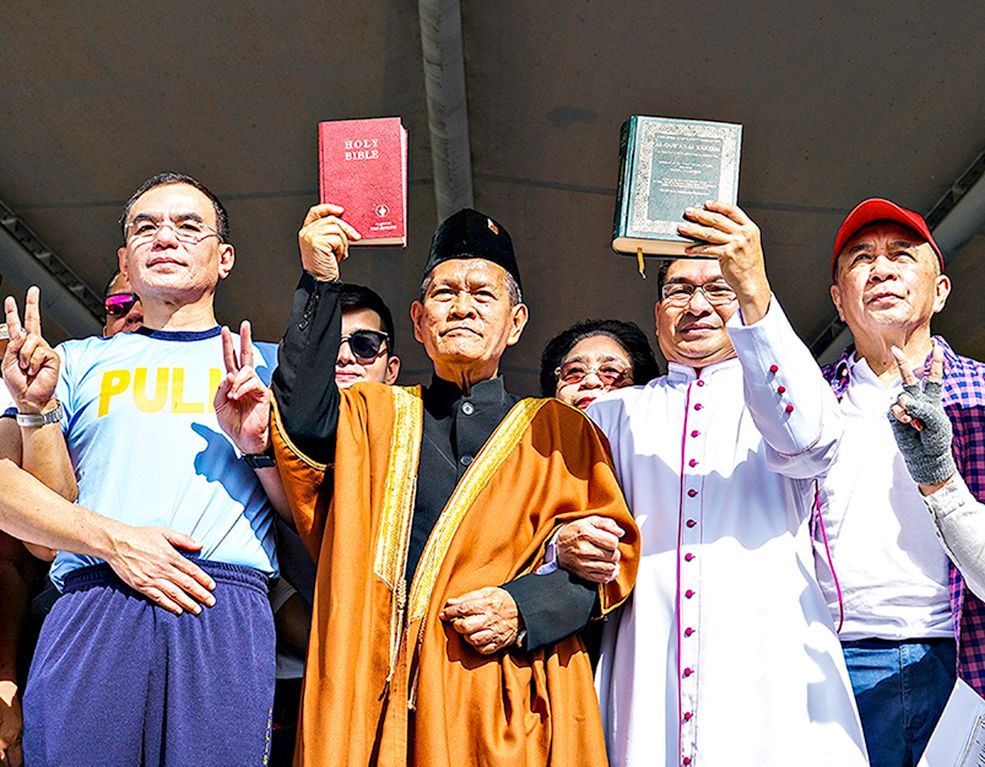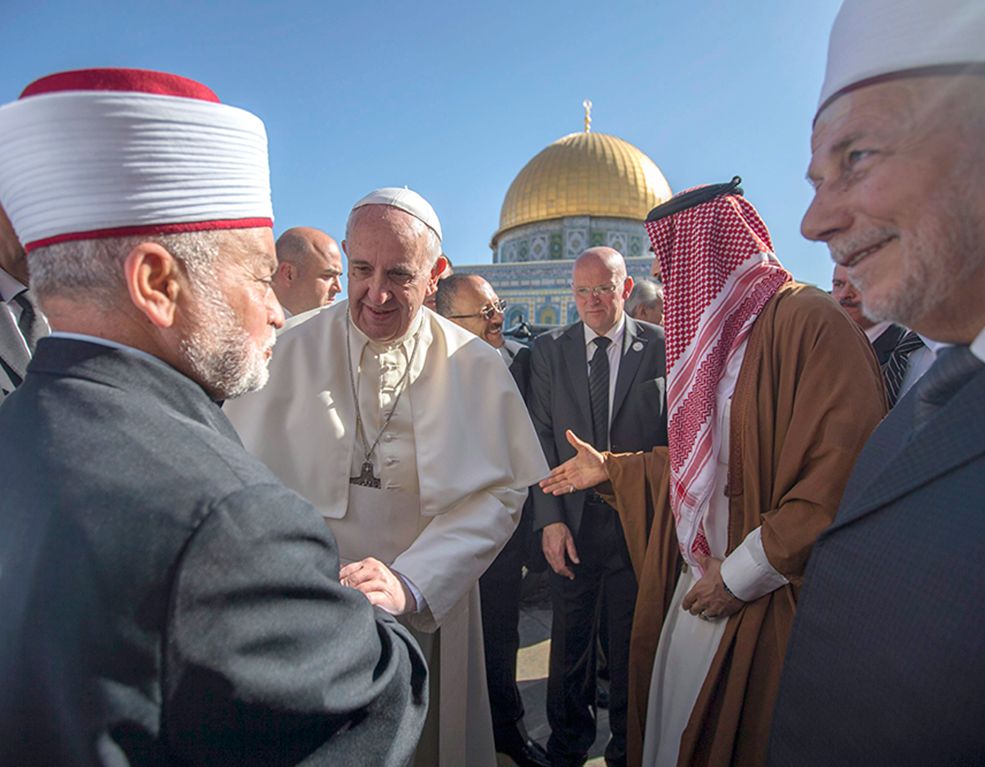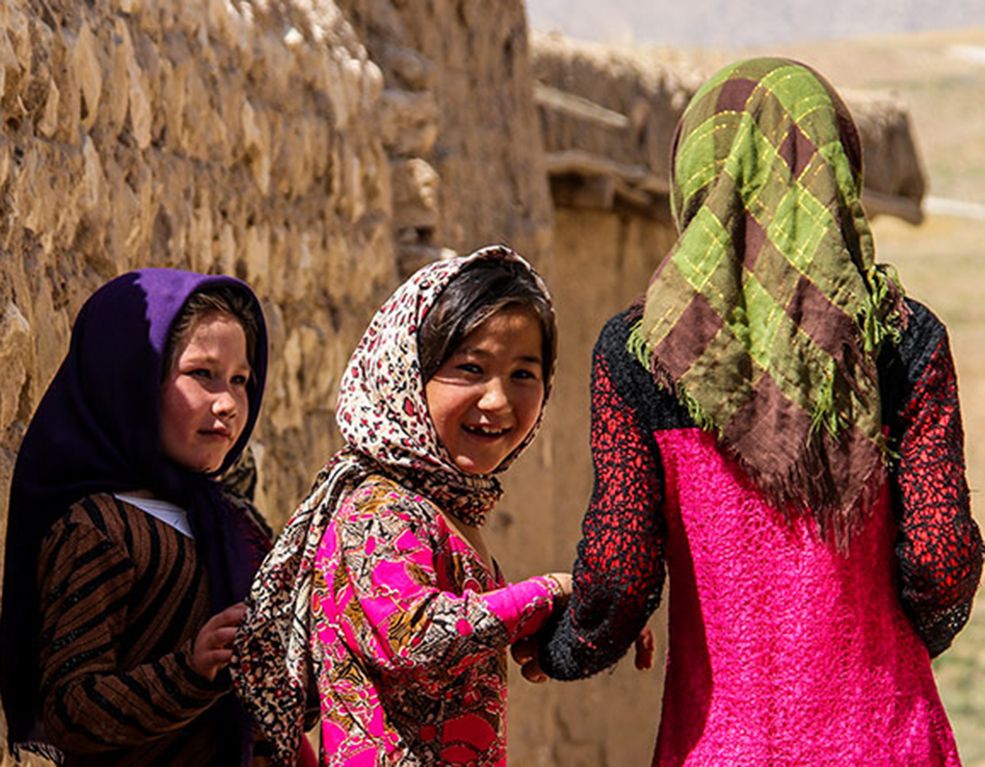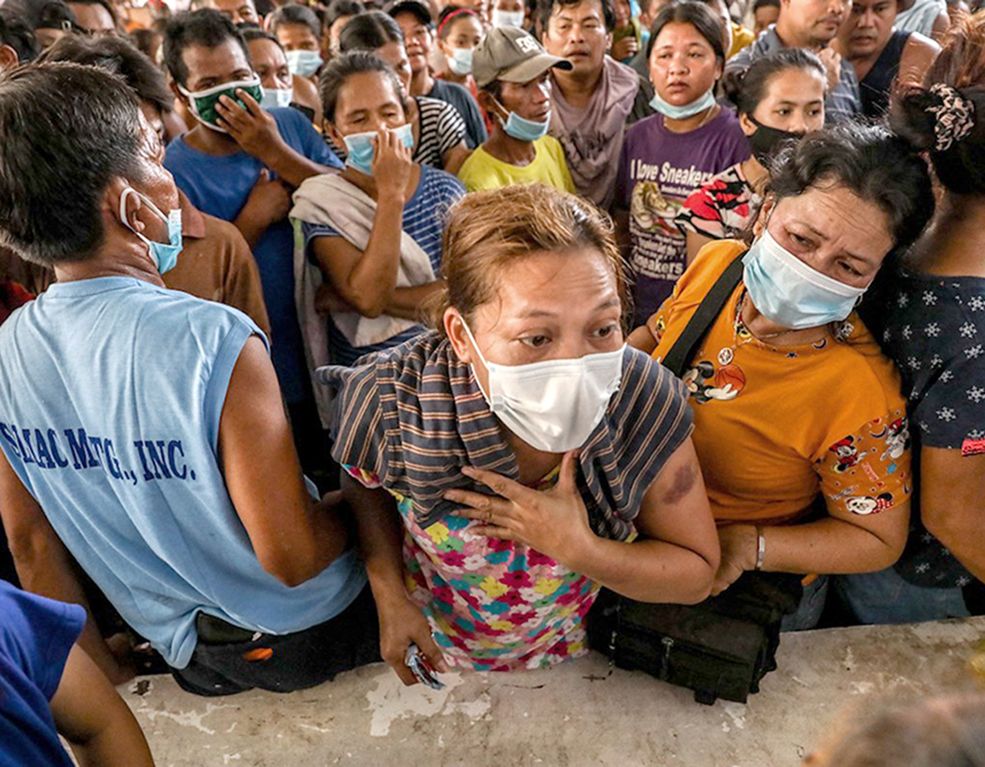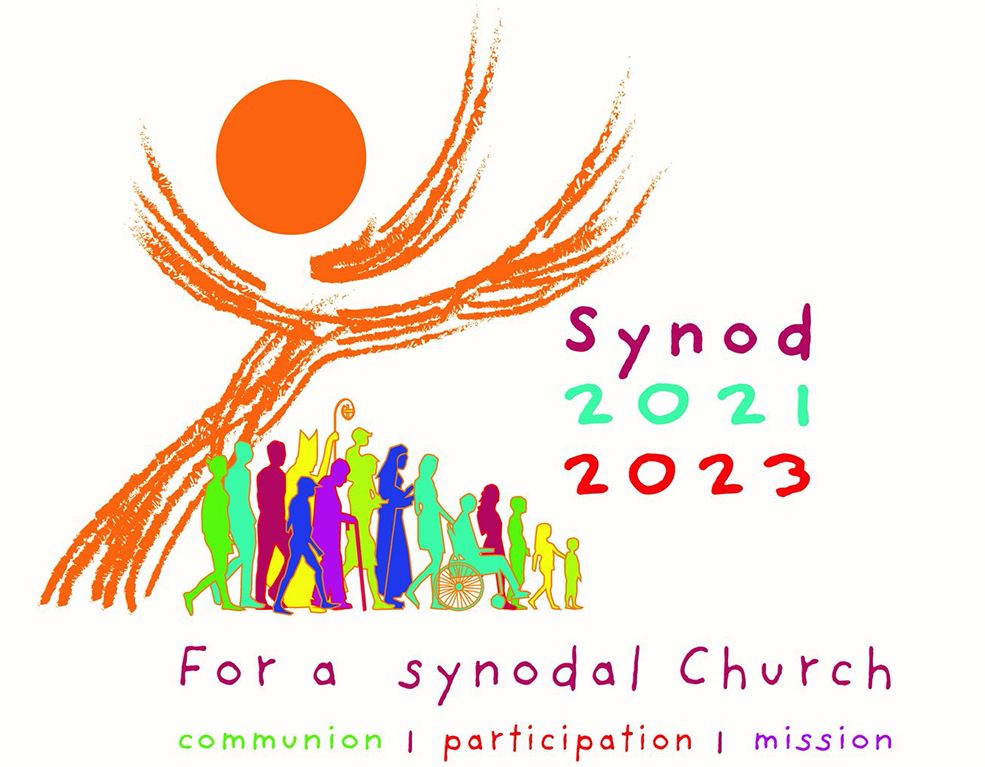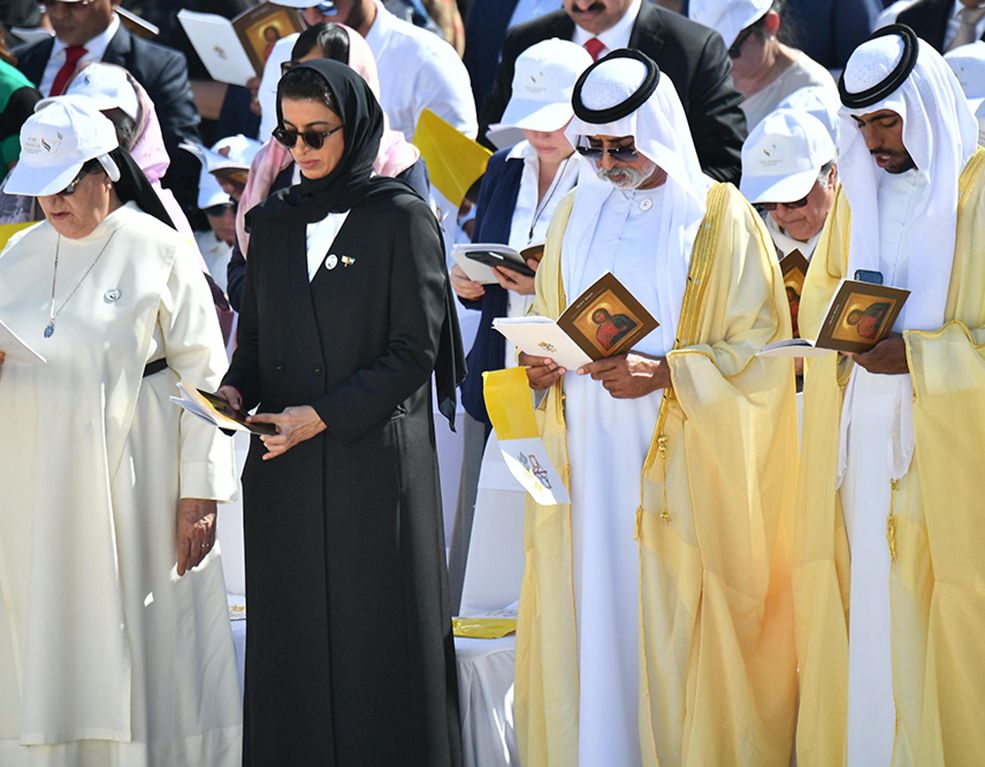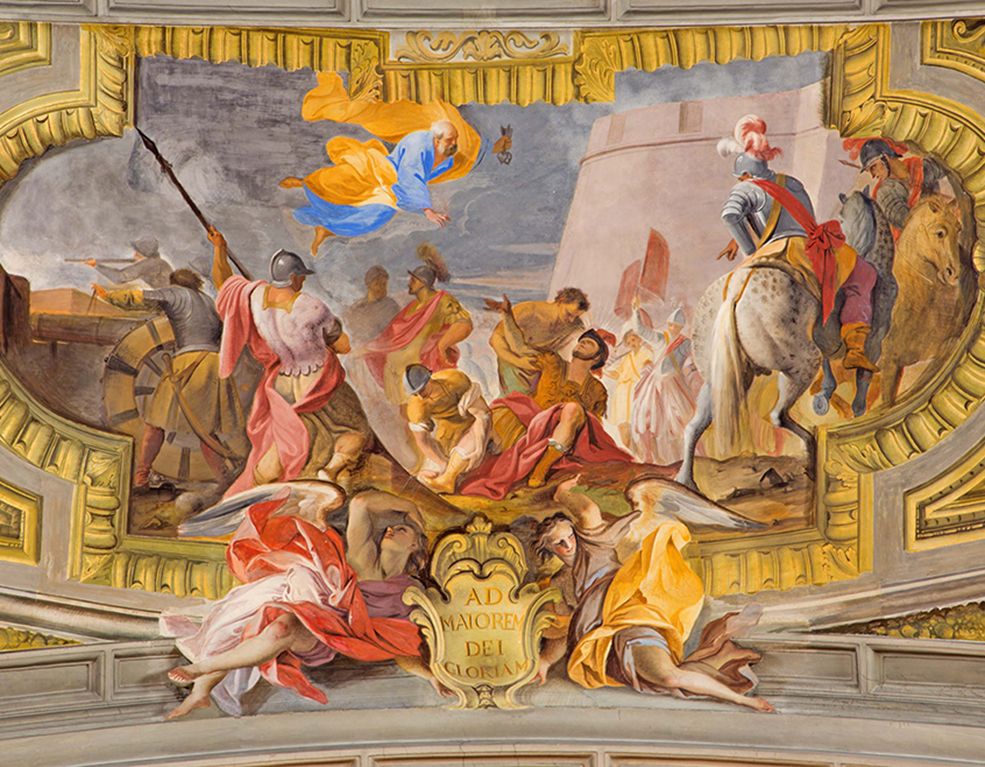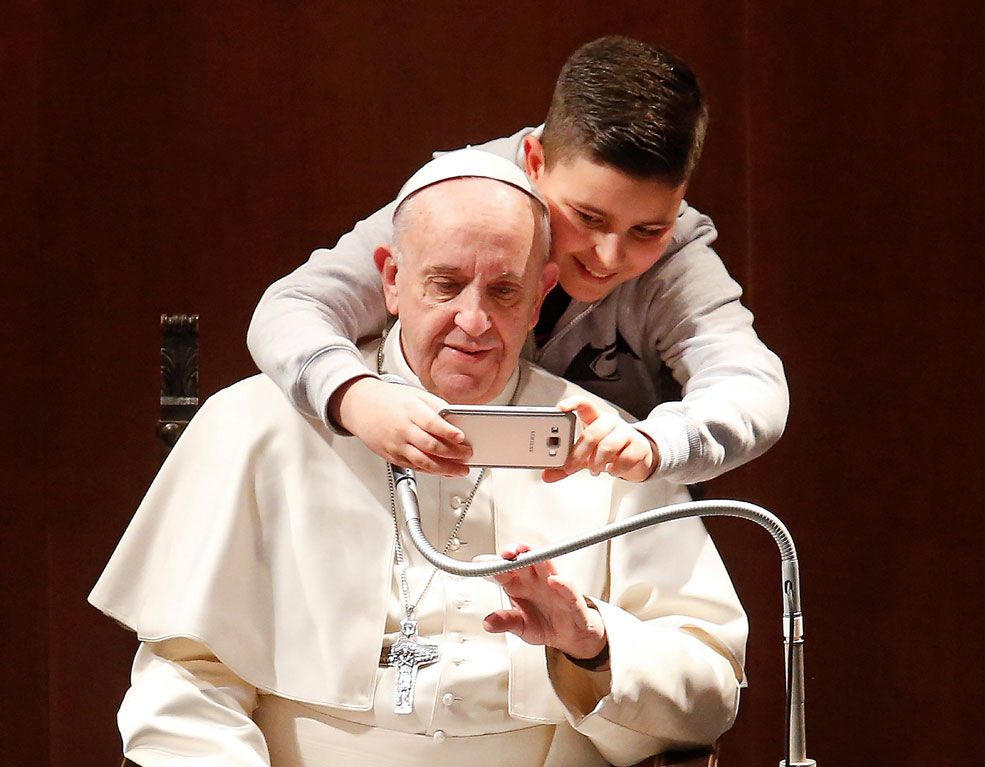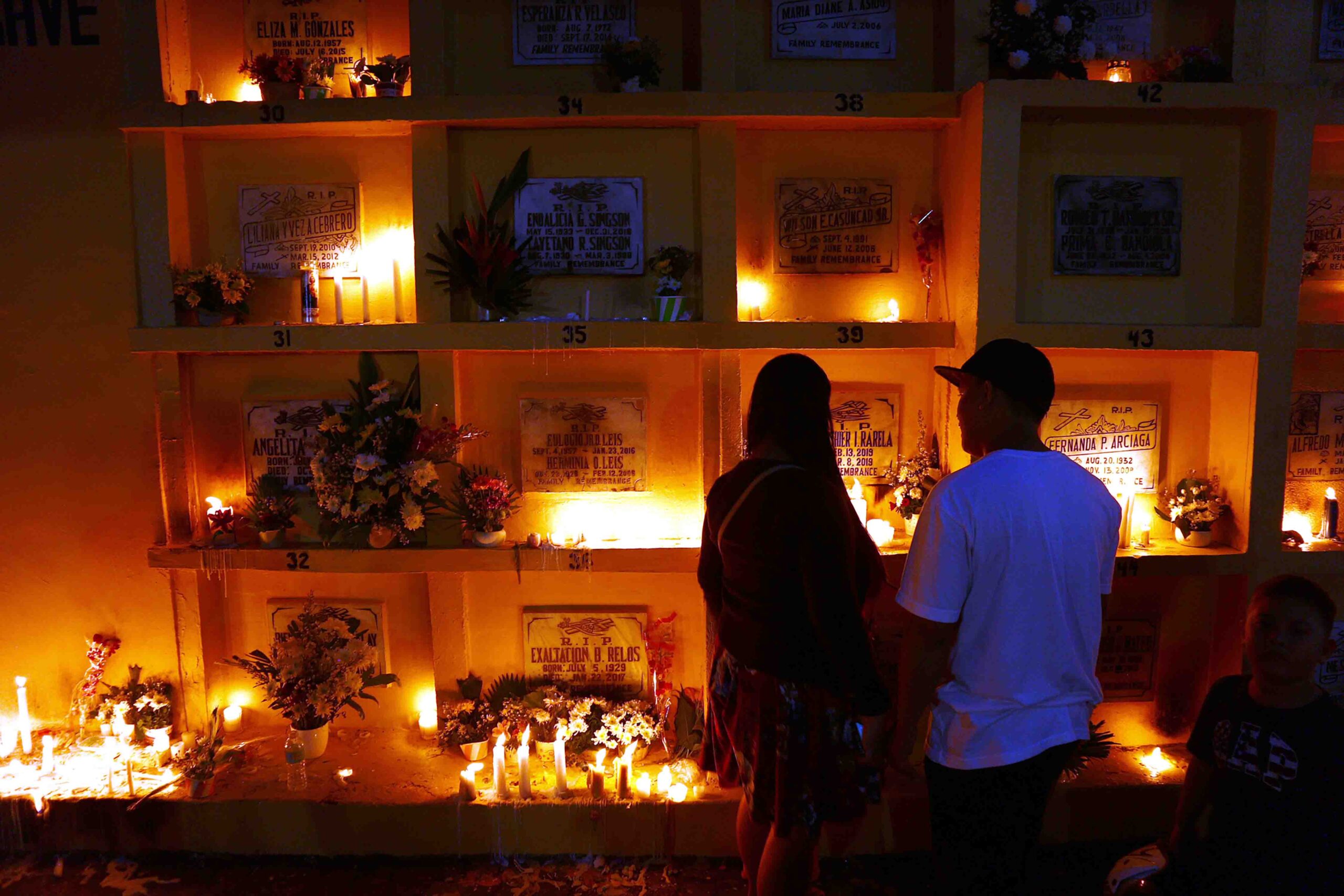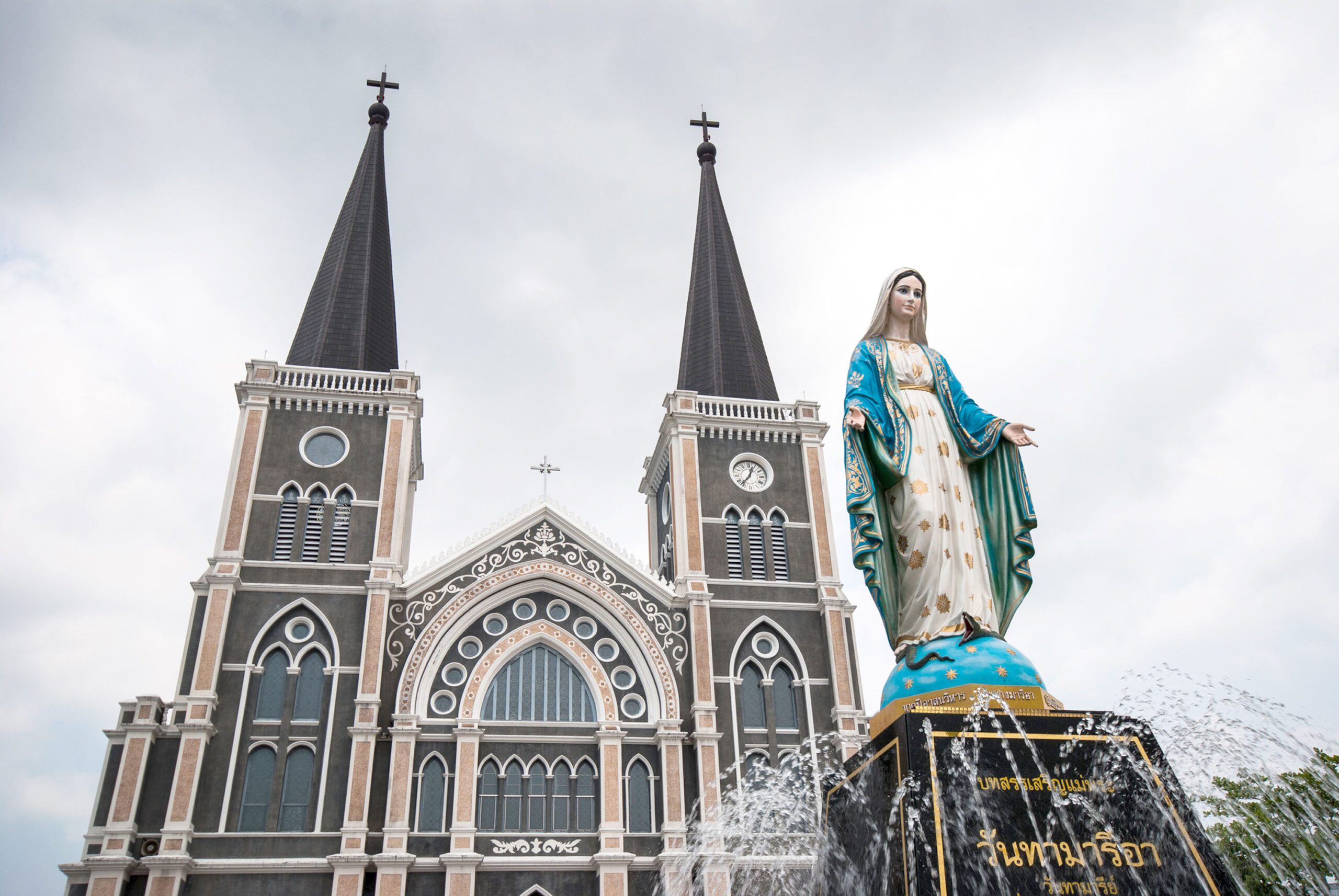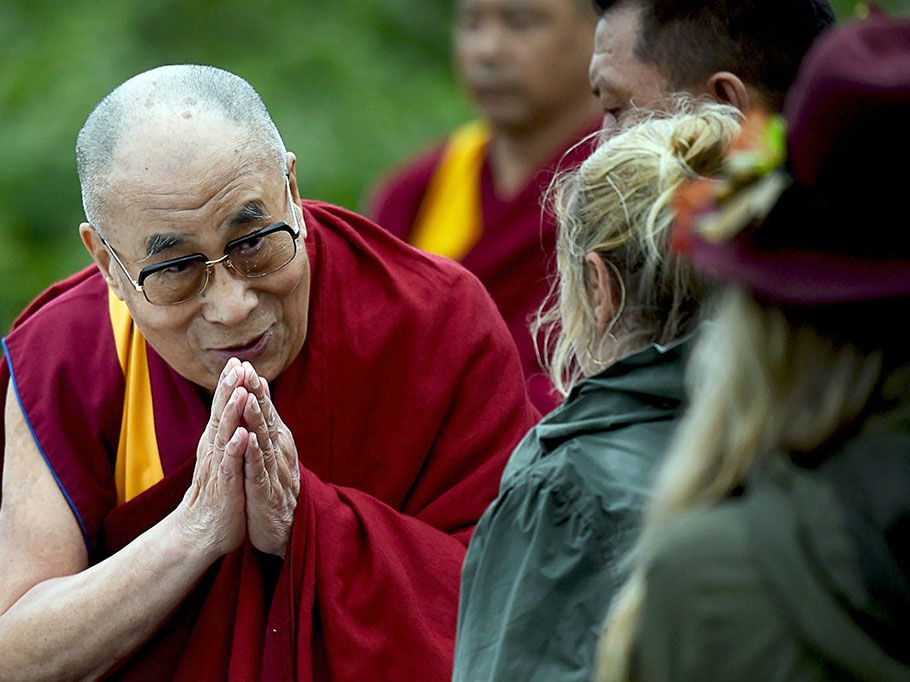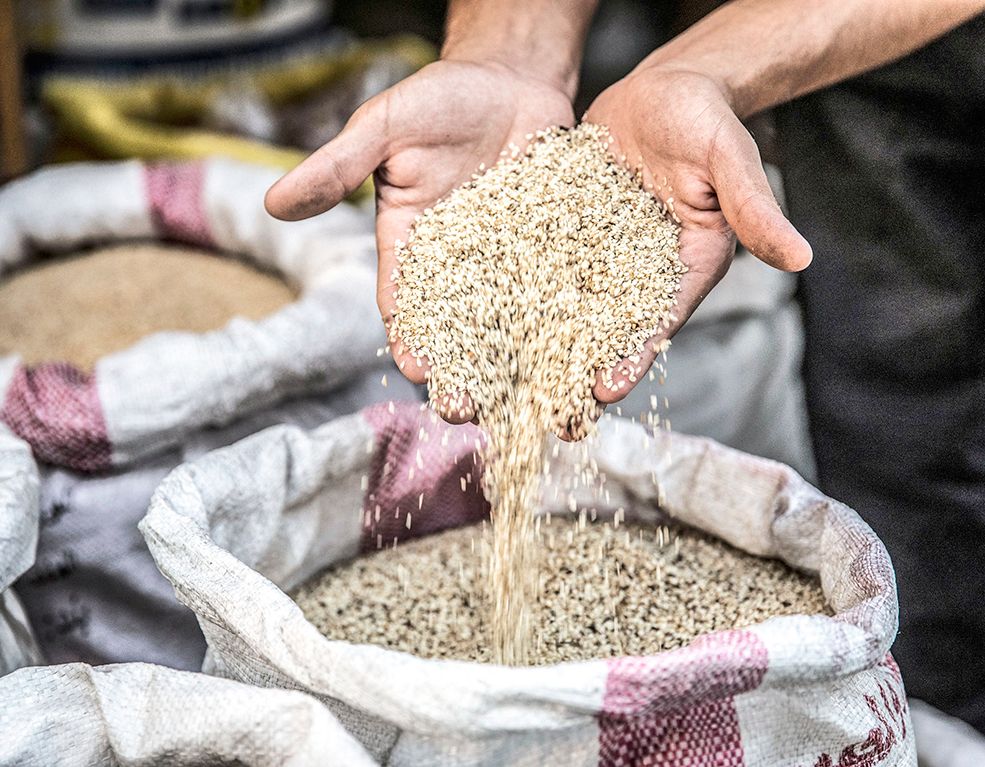“Oh men, direct your energies to promote the good of all mankind. Let your relations with all be characterized by love, peace, and harmony. Let your hearts beat in unison with human hearts.” (Rig Veda 8, 49, 4).
Religion is an upward surge of the human heart to reach out to the Ultimate together with others. It was never understood as a lonesome venture, even by hermits. For, we belong together. We depend on each other. So if we were to fight against each other in the name of religion, we would be least religious at that moment.
For, we cannot be “we” without the “other.” Even our faith would not be what it is, without the edifying faith of the other. How little we realize that we are mutually dependent, even for our religious fervor! St. Francis of Assisi and Charles de Foucauld strengthened their own faith, inspired by the faithfulness of Islamic society. Indian spirituality has edified the rest of the world.
“All people are a single nation.” (Qur’an II). We are mutually dependent in many other areas of life too. Today, we recognize that our economies are interlocked and that ‘trade wars’ are suicidal. Insightful people argue that even our conflicts prove that we need each other. All we have to do is to change the nature of our relationships: from confrontational to collaborative, from mutually opposing to mutually stimulating.
In the cultural world, we keep borrowing from each other continuously. In the world of philosophy, we profit from each other’s intuitions. In the area of science, those who learn from others benefit the most.
The fact is that Nature has distributed abilities, talents, skills, and insights in such a way, that what is meant for one is given to another–to be discovered, appreciated, tapped, and generously shared. Everything ultimately turns to everyone’s benefit. When we begin to recognize this truth both in theory and practice, we will have an inclusive outlook; and we will have peace. We need to emphasize this because we notice certain exclusive attitudes today that make us anxious.
Learning From Each Other
“To be one with the world is wisdom.” (Tirukkural) In today’s globalized world, there are so many trends that seem to point to our universal togetherness. The new economy is inter-linking people who had never known each other, innovations in communications are bringing peoples and communities together, international solidarity offers indefinite possibilities of self-expression; good ideas generated anywhere have opportunities to reach out to every other part of the world, and good values preserved in any civilizational tradition can offer inspiration to persons and societies in any other place on the planet.
There is every possibility today for cultures, civilizations, and faiths to dialogue with each other, to listen to each other’s insights, and learn from each other’s wisdom. For this, we need to go deeper into our religion.
“Let us have concord with our own people, and concord with people who are strangers to us…. May we unite in our minds, unite in our purposes, and not fight against the divine spirit within us.” (Atharva Veda 7.52.1–2)
However, that is not what is actually happening. Tensions are mounting: nation against nation, class against class, ethnic group against ethnic group, the majority against the minority, etc. The strong usually have their way and an attitude of mutual exclusion aggravates the situation. If political and economic powers combine to impose attitudes of exclusion in society and marginalize weaker communities, anxieties can rise to great heights.
Unfortunately, struggles in the name of religion, culture, ethnicity, and ideology can go even to the point of violence. “Violence is suicide,” exclaimed Mahatma Gandhi.
“A man who exalts his own sect and despises another, hurts his own sect.” (Asoka’s Rock Edict XII). India has the biggest working force in the world: young, gifted, dynamic, and energetic. When they are given the chance to be creative, well-motivated, and united, there is no limit to what they will be able to achieve for the nation and contribute to the world; but when our young people are unmotivated, self-oriented, inward-looking, divided, and mutually exclusive, they become the cause of anxiety for the entire society.
If the rising generation will not be able to live together as brothers and sisters and cultivate values that will help them to collaborate with other communities, our society will be heading for major troubles. In fact, we are experiencing some of them. Our ancestors taught us, “There is none high or low amongst you. You are all brethren and therefore strive altogether to attain prosperity.” (Rig Veda 5, 60, 5). We have a duty to pass on this message to coming generations.
The Golden Rule
“My religion is kindness.” (The Dalai Lama). Love for other people stands at the heart of all religious beliefs and ethical codes. Every religion has some way of saying that we ought to do to others what we would like others to do to us. This is a powerful message in an age of communal clashes, ethnic conflicts, merciless competition, and intensive cultivation of self-interest.
The central teaching of Jesus was this: “Whatever you wish that men would do to you, do to them.” (Matthew 7:12) Islam puts it in this manner: “Not one of you is a believer until he loves for his brother what he loves for himself.” (Forty Hadith of an-Nawawi 13) The Qur’an is even more specific, “You shall speak to men good words.” (Qur’an 2, 83) Jainism has similar teaching: “A man should wander about treating all creatures as he himself would be treated (Sutrakritanga 1.11.33).
One would have considered these mere ‘pious thoughts’ for pious people–but this, in fact, was the program of life that Mahatma Gandhi brought to the political field with absolute confidence and unbroken determination and he was eminently successful.
All religions have taught peace, impartiality, fairness, and harmony. Centuries ago, ancient Indians exhorted each other, “Meet together, speak together, let your minds be of one accord. May your counsel be common, your assembly common, common the mind, and the thoughts. Let your aims be common, and your hearts be of one accord, and all of you of one mind, so you may live well together.” (Rig Veda 10.191.2–4)
The Qur’an echoes similar sentiments at 49.10. “Consider the family of humankind one,” taught Jainism (Jinasena, Adipurana). “Let all mankind be one sect”, advised Sikhism. (Adi Granth, Japuji 28, M.1, p. 6)
People like Mahatma Gandhi and Tagore, spoke of the human race as one, as did Buddha, Asoka, and others in their times. Jesus prayed, “I pray that they may all be one.” (John 17: 20–21)
Corruption
One of the worst forms of violence in today’s world is ‘corruption’ that has become part of the global economy; only its forms differ from culture to culture. Corruption is not only about the wrong use of money, but also about the wrong use of power.
“Keep your promises; you are accountable for all that you promise… Weigh with even scales; that is fair, and better in the end.” (Qur’an 17: 35–39) Corruption includes not only the taking of bribes in government offices but also various forms of manipulation and blackmailing, political arm-twisting, evading taxes, ignoring safety laws, producing counterfeit goods, abusing customer confidence, falsifying accounts or labor figures, double book-keeping, deceptive advertisements, industrial espionage–such things are undoubtedly criminal.
These things hurt, damage social values, weaken community bonds, and make it difficult for peaceful attitudes to flourish. “Use honest scales, honest weights, and honest measures.” (Leviticus 19: 36)
“The sage is free from self-display, and therefore he shines.” (Tao Te Ching 22) I am quoting from a Taoist document that is centuries old. It is for you to judge whether it is relevant in our own days or not.
“When rulers live in splendor and speculators prosper, while farmers lose their land and the granaries are emptied; when governments spend money on ostentation and on weapons; when the upper class is extravagant and irresponsible, indulging themselves and possessing more than they can use, while the poor have nowhere to turn–all this is robbery and chaos. It is not in keeping with the Tao” (Tao Te Ching 53). Are we in such an age?




